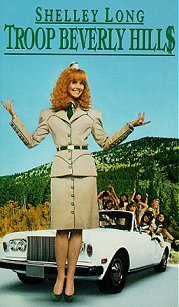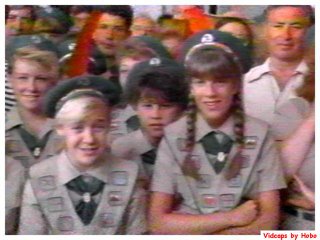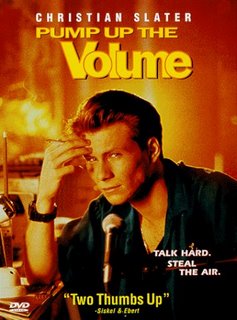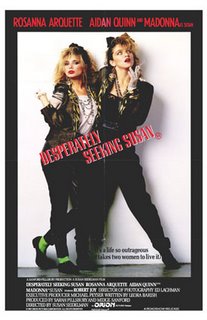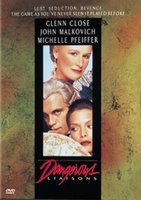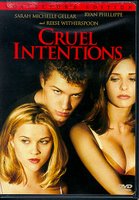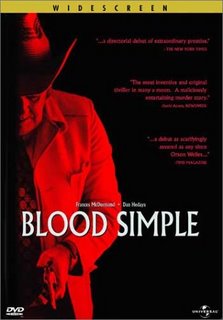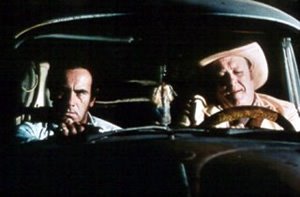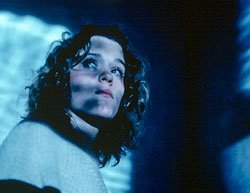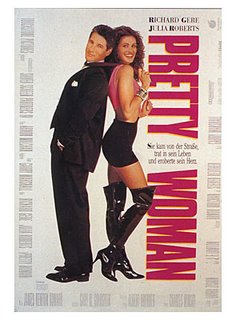
Pretty Woman might just be my favorite 80s movie, if not one of my favorite movies of all time. I don't know if it is Julia Robert's transformation from street-walking-prostitute to polo-game-attending classy lady, or if it is Vivian's "I'll show you" moment in the film when she confronts the shopgirls who wouldn't help her the day before in her prostitute garb, asking them, "Do you work on commission? Big Mistake. Huge. Huge. Mistake," whatever it is, Pretty Woman is a classic 80s film.
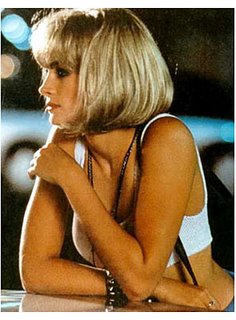
This entertaining, Cinderella story, revolves around the unconventional relationship between a hooker with a heart of gold and a shrewdly successful, but lonely, corporate raider. Vivian, played by Julia Roberts, undergoes a Cinderella-like transformation after she meets Richard Gere's character, Edward, who happens upon this too-attractive-to-really-be-a-streetwalker while lost on Sunset Blvd. Vivian gives Edward directions, but only on her terms, which of course include paying her. It is in this scene that we find there is much more than meets the eye in terms of Vivian. She can drive stick, a talent Edward is not so successful with, she knows a lot about cars since she grew up with brothers, she is playful and full of needless, albeit very interesting, knowledge, including the little tidbit of information that the length of your forearm is the size of your foot. That is something I did not know until I watched Pretty Woman, I am not going to lie. Anyway, she drives Edward to the Beverly Wilshire Hotel, still dressed in her hooker attire, and it is presumed that their relationship will end after the drop off. However, Edward is intrigued by Vivian, not to mention lonely and in need of some company to join him in his penthouse suite on the top floor of the hotel, so he invites Vivian to join him for the night. With this invitation, the movie really starts to get going as the relationship between Edward and Vivian unfolds in a comedically romantic series of events and situations.
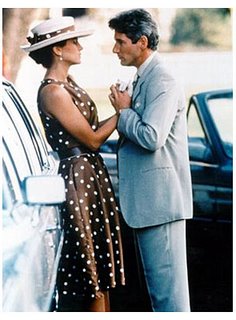
The film really focuses on the different sides of each of their personalities. It cuts back and forth between Edward's business persona where he is shown as a hard-nosed, ruthless corporate raider and the Edward seen with Vivian, which shows his softer, more sensitive side. This back-and-forth shifting sets the audience up for the challenge Vivian will face when she tries to fit into Edward's world. Edward is part of the upper class. He attends polo matches, has cocktail parties, stays in penthouse suites, spends ludicrous amounts of money, and dresses well. Vivian, on the other hand, does not spend her time doing ANY of those things. She has no idea about proper social etiquette and her attire is overtly revealing, if not completely inappropriate. The bulk of the film focuses on her metamorphosis from this foul-mouthed, unlady-like girl of the street to a mannered, well-dressed, woman suitable to be any respectable man's arm candy. Her attempts to fit into Edward's elite world are some of the most comedic moments in the film. She needs lessons on table manners, how to dress, etc. and by the end of the movie she has achieved her goal, however, there are a few moments when she slips up, for instance, when an escaragot slips out of her utensils at a fancy business dinner.
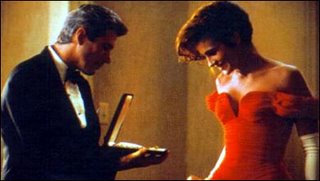
Despite the challenges Vivian faces with her relationship with Edward and her ultimate character transformation, she is able to come out on top. Things go a little off the comedic side at times, for instance, when Stuckey slaps her around after she rejects his advances because Edward has told him that she is a hooker and when people are mean to her at first because of the way she is dressed and what not, but things don't stay too bad for that long. He, of course, falls for Vivian because she turns out to be this vivacious, smart, funny woman that you would be stupid to pass up even though she has a shady past of being a prostitute. She finds herself falling for him as well because he takes care of her and sees her for more than just a hooker, even though he does pay for her services. Everyone forgives and forgets and Edward and Vivian ultimately end up changing each other. She has made the obvious transformation, but Edward undergoes one as well. He is no longer the work-obsessed, emotional flat line that he was at the beginning of the film, now he is ready to take on love in every way.
Of course, a major element that makes this film so fantastic is the phenomenal soundtrack. "It must have been Love" and "King of Wishful Thinking" are two songs from that movie that I probably played on repeat for, oh I don't know, ten years. The soundtrack and great 80s clothes only add to the excellence of this film.


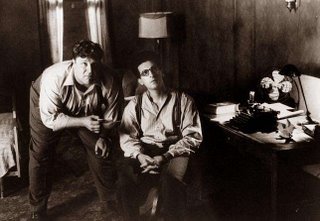
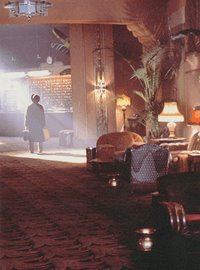

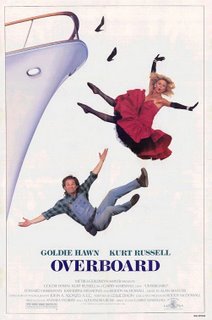
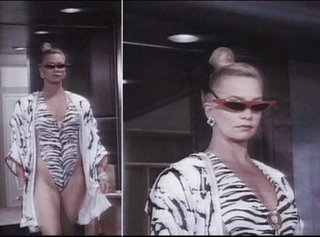


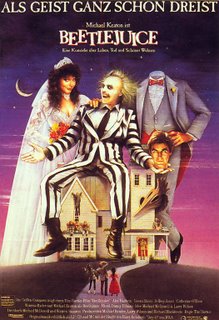
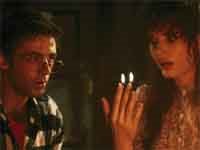
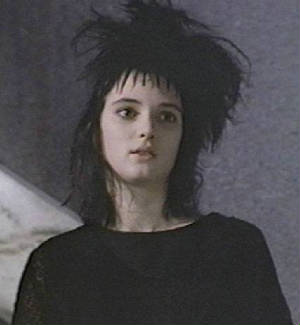



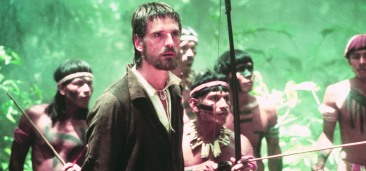
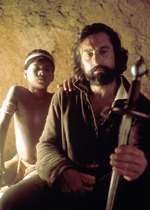 Early in the film, Rodrigo Mendoza kills his own brother in a fit of rage. Paralyzed by guilt, he subjects himself to tortuous penance and, under the compassionate but stern guidance of Father Gabriel, finds a nobler calling as a priest. Faced with the mission's destruction, Rodrigo must decide whether or not break his vow and bear arms again.
Early in the film, Rodrigo Mendoza kills his own brother in a fit of rage. Paralyzed by guilt, he subjects himself to tortuous penance and, under the compassionate but stern guidance of Father Gabriel, finds a nobler calling as a priest. Faced with the mission's destruction, Rodrigo must decide whether or not break his vow and bear arms again. 
